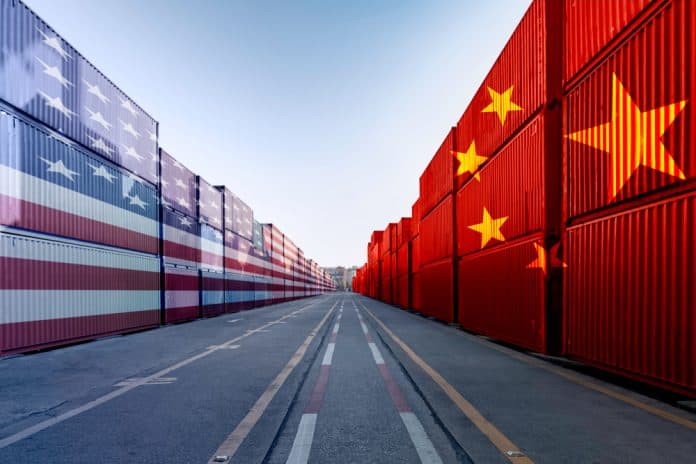One common question that we ask in the logistics world is will there be any upcoming changes to the China tariffs imposed by the U.S.
As of today, the answer to that question would be: we don’t foresee changes happening anytime soon. The U.S.-China trade war began in 2018 when former U.S. President Trump implemented tariffs on $50 billion of commodities manufactured in China. In the following year, additional duties were added to more commodities because Beijing decided to strike back with tariffs for commodities made in the U.S.
In 2020, Former President Trump and Chinese President Xi Jinping came to an agreement by signing the Phase One agreement.
This helped to reduce some rates on certain commodities. In return, China agreed to increase its volume of purchases of U.S. goods and agricultural products, setting a goal to purchase $200 billion more than before the 2018 trade war began.
However, China was not able to reach their commitment under Phase One agreement. On top of this, the Covid-19 pandemic caused further delays and made it more challenging for Beijing to reach its goal. This is why President Biden is leaving the tariffs as is.
As a result, American companies are continuously struggling with importing products into the U.S. because of the impact of these tariffs.
Not only are the tariffs themselves costly – nearly $123 billion since 2018, according to U.S. Customs and Border Protection – but they also cause inflation and supply chain disruptions. These policies have affected a large portion of products made from China: candle holders, PET Bottles, refrigerators, auto parts, PVC Flooring, marble tiles, and tempered glass, to name a few.
The business community is putting pressure on the Biden administration to lift the China tariffs to help relieve some of the inflation pressure that American companies are facing.
But as of right now, it is undetermined if changes will be made. According to President Biden, the U.S. will be able to lift tariffs once China is able to meet its Phase One agreement commitments. Otherwise, uncertainty remains.




